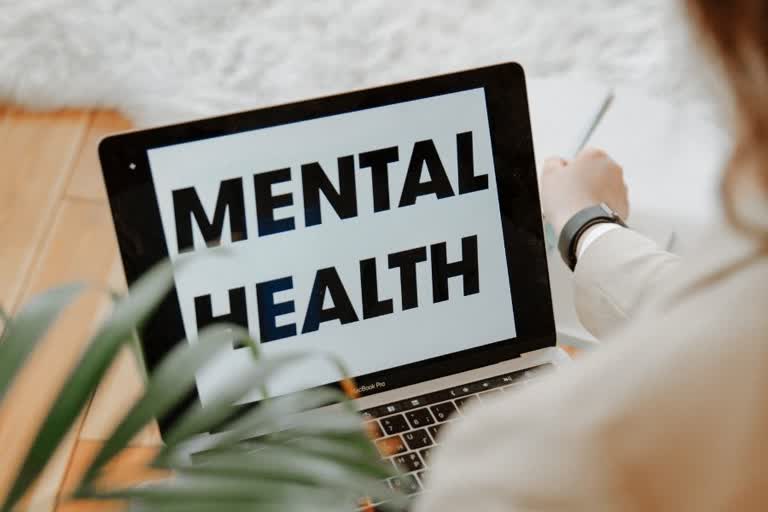Mental health has been defined by the World Health Organization (WHO) as "a state of well-being in which the individual realizes his or her own abilities, can cope with the normal stresses of life, can work productively and fruitfully, and is able to make a contribution to his or her community".
Close to one billion people have a mental disorder. An estimated 150 million people in India, are in need of mental health interventions and care. Despite the universal nature and the magnitude of mental ill-health, the gap between demand for mental health services and supply remains substantial. Relatively few people around the world have access to quality mental health services. This could be attributed to under-investment over many decades in mental health promotion, prevention and care.
The COVID-19 pandemic has brought a complex array of challenges with mental health repercussions for everyone, including children and adolescents. Some groups, particularly health and other frontline workers, people living alone, old aged people and those with pre-existing mental health conditions, have been particularly affected. Medical services, particularly for mental and substance use disorders have been significantly disrupted.
Working from home, temporary unemployment, online schooling for children, and lack of physical contact with other family members, friends and colleagues, has made us vulnerable. Grief, fear, uncertainty, social isolation, and increased screen time have negatively affected the mental health of children. The pandemic has also contributed to the diminished productivity of the youth.
There has been a surge of addictive behaviors (both new and relapse) including behavioral addiction in this period. The unique situation created by the COVID-19 pandemic in terms of chronic social isolation, physical distancing, prolonged home confinement, work from home, anxiety regarding the flow of income, fear of losing jobs and abrupt unemployment is posing extreme difficulties for people who may take refuge in addictive substances. Both unavailability and abundance of substances bring about changes in the mood, leading to irritability, aggression, misplaced priorities, generalized disrespect towards societal norms and inability to uphold the familial values among the addicts.
Many countries reported a 15-30% hike in the number of distress calls received from women who were confined in closed spaces with abusive partners. Pandemics provide for an enabling environment of fear and uncertainty that may exacerbate diverse forms of violence against women. Moreover, economic insecurity, financial instability, and isolation are also some of the factors that contribute to making domestic violence even more prevalent.
The initial months of COVID saw an increased rate of suicide, but gradually a stable trend was seen. Increased media coverage of suicides also helped in spreading awareness about early identification of red flags in people with suicidal ideations.
Hence, early recognition and treatment may help in containing this pandemic of mental illness after the COVID pandemic. Signs like changes in behavior affecting relationships, lack of control over emotions, increased or new alcohol abuse, feelings of hopelessness, feeling that life is not worth living, death or loss of a dear one, as well as social withdrawal, should alert us to seek professional help at the earliest.
MHCA 2017
